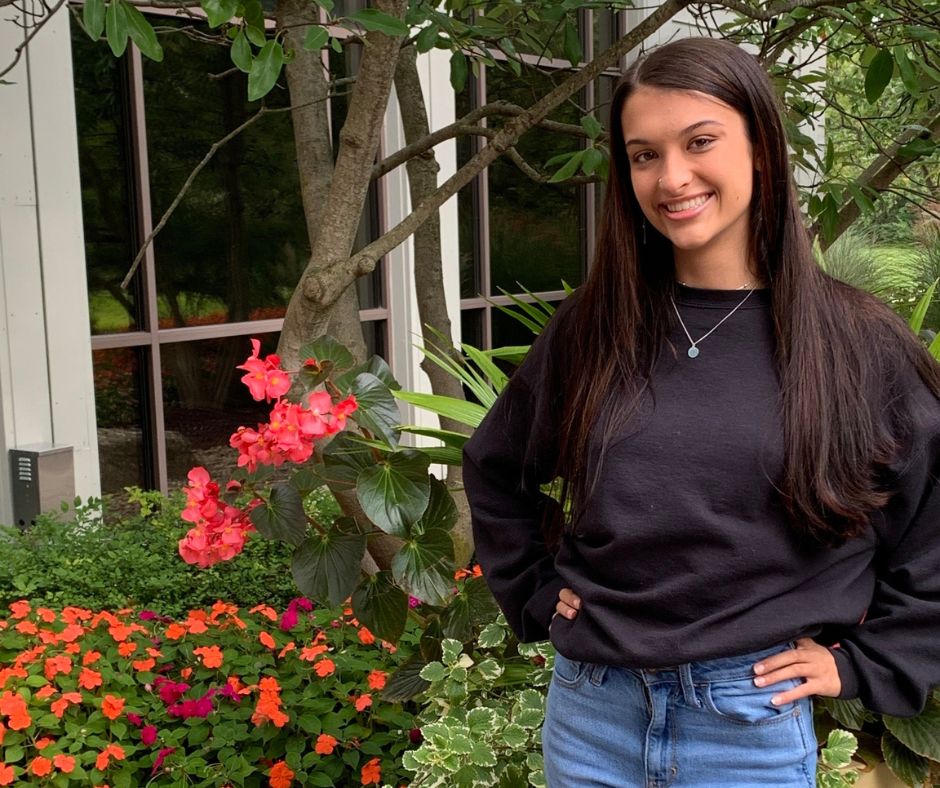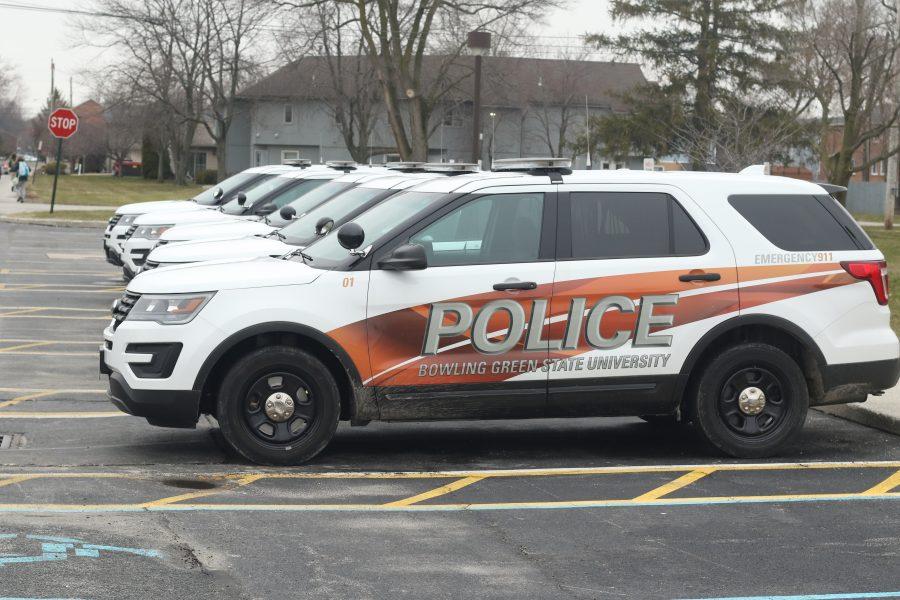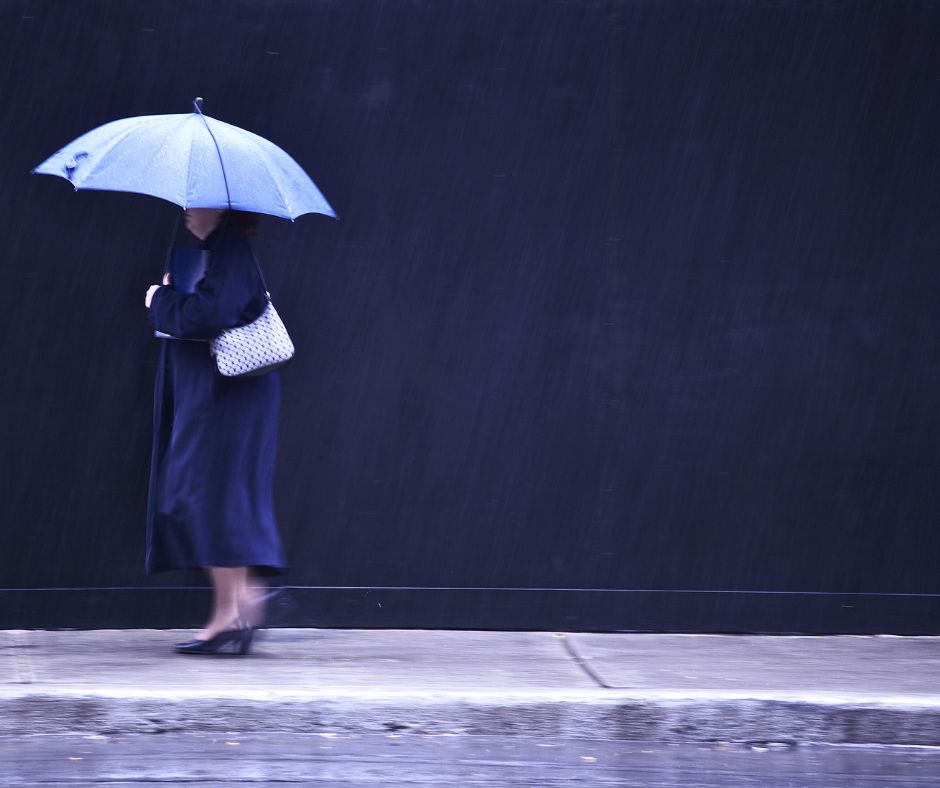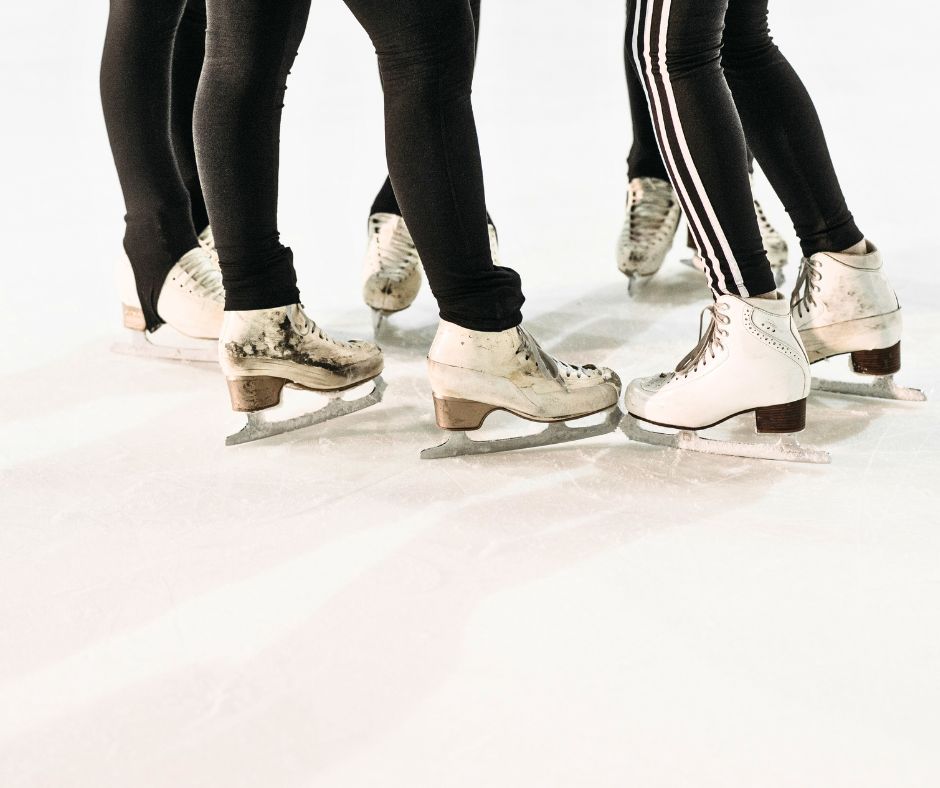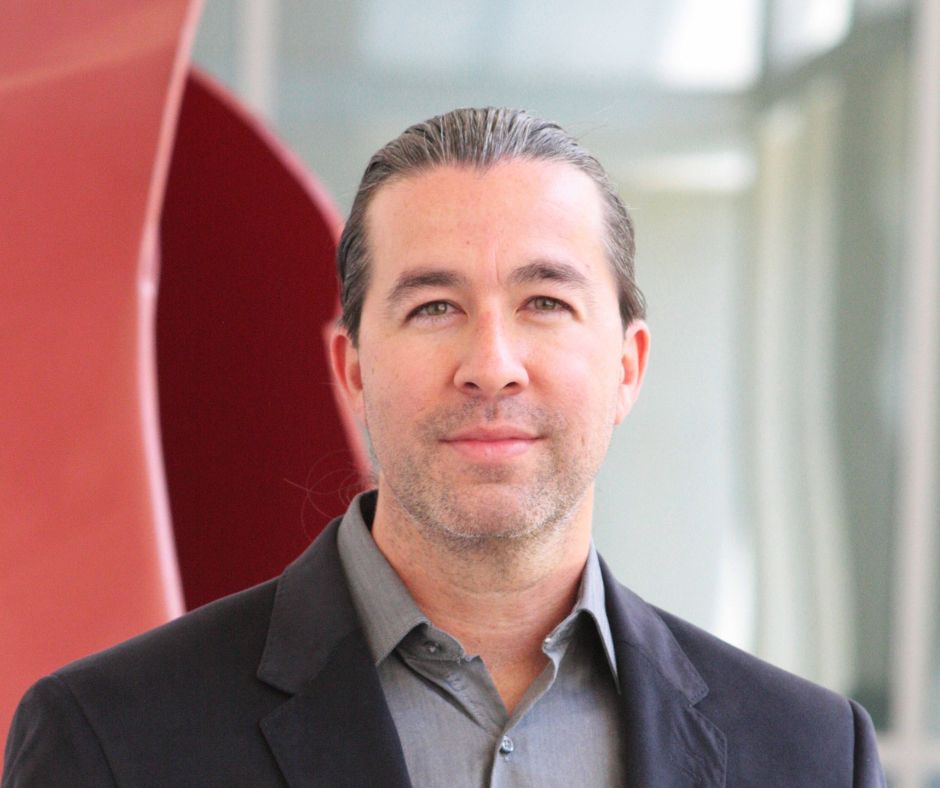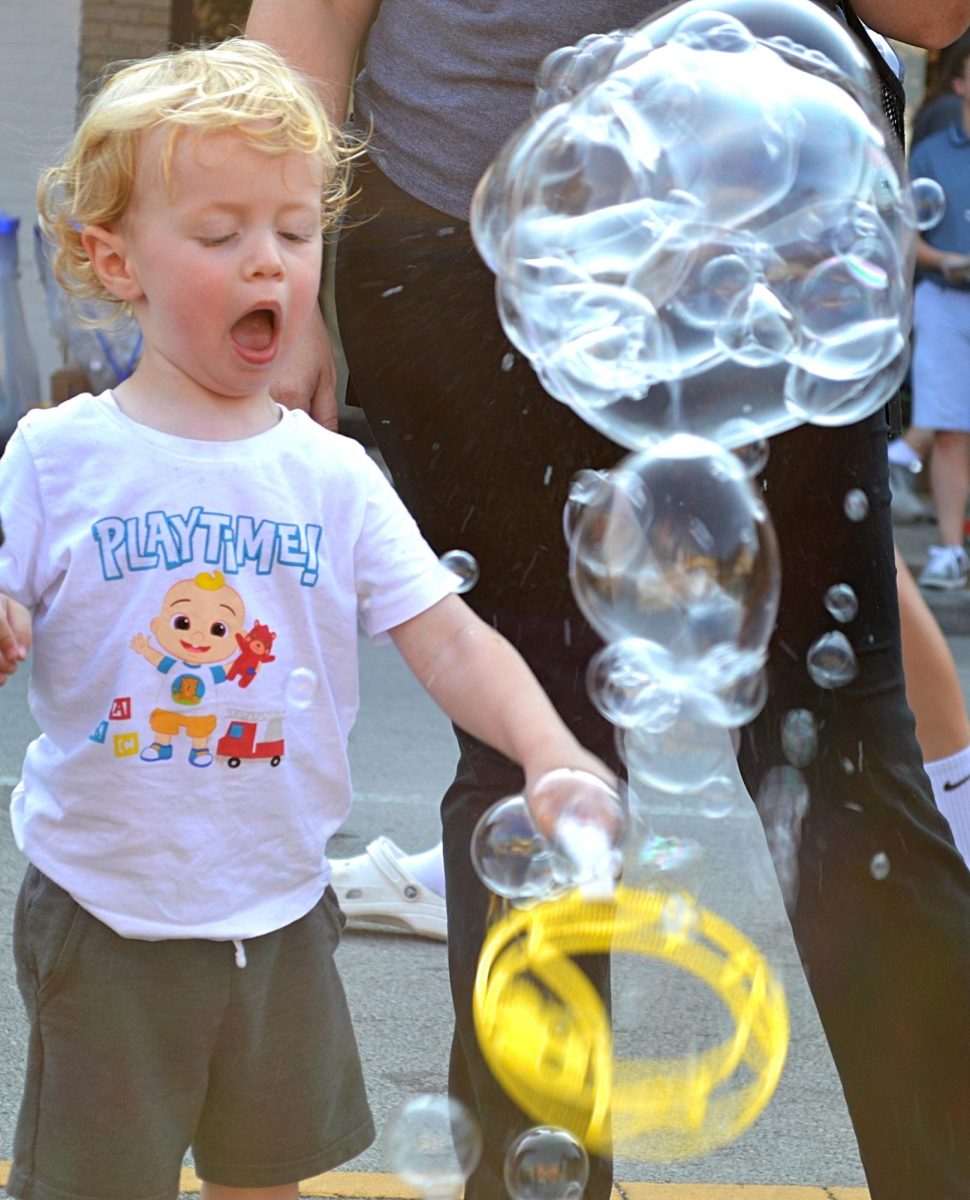The University has had a 10 percent increase in voter engagement from the 2012 election to the 2016 election.
Since 2012, the University has been a part of the National Study of Learning, Voting and Engagement, a nationwide study through the Institute for Democracy and Higher Education at Tufts University.
The Tufts University website says the study’s goals are to provide a service to colleges and universities interested in learning about their students’ voting habits and to build a national database for research on college students’ political knowledge and engagement in democracy.
The website emphasizes the study does not receive any information besides whether a student voted or not and is completely anonymous. This is done through a system called IPEDS, which converts voters’ name to random ID numbers, addresses to zip codes, birthdates to age, etc.
Paul Valdez, associate director of the University’s Center for Community and Civic Engagement, said the study provides participating universities with data every other year that includes both the percent of the student body registered to vote and the percent of those registered that actually participate in elections, as well as additional voter information such as gender, age, race and major.
Valdez said the University did not have a system to measure voting engagement before joining the NSLVE. The reports the Center of Community Engagement have received from the study have been helpful in promoting voter engagement.
“What Tufts is doing is they’re helping us to really harness our campus information and pair it up with the Board of Elections’ information. Then we don’t have to spend staff doing that. They do that as a part of a national study,” Valdez said.
Valdez said this partnership is a win-win situation, as participating in the study does not cost the University any expenses and both parties receive valuable information.
The NSLVE’s most recent report was a comparison of the 2012 presidential election and the 2016 president election. Overall, universities’ voting rates across the country averaged at 50.4 percent in 2016; however, the University’s voting rates sat just under 3 percent higher, at 52.9 percent. Additionally — and perhaps the biggest cause for celebration — the University’s voting rate increased 10.1 percent from 2012 to 2016.
Valdez said the increase during the presidential elections is exciting. However, the University’s voting rates in the midterm election in 2014 were sitting at 12 percent.
“The study knows that voter participation rates across the board, no matter what age, demographic or group, are much lower during midterm elections than they are during presidential, general elections,” Valdez said.
Voter engagement still has a long way to go to have the majority of people voting.
The Center for Community and Civic Engagement has an initiative called BGSU Votes, which is funded through the Center and the Andrew Goodman Foundation. Phil Rich, one of the two ambassadors for the initiative, said their main goal is to increase political engagement.
Rich said they were happy with the 10 percent increase but had reservations.
“It’s kind of disappointing that we’re happy with the fact that 55 percent of our student body is voting, because that means 45 percent of people aren’t voting, which seems absurdly high,” Rich said. “If you told a fourth grader that, they would be outraged at the silliness of it.”
Rich also said another issue BGSU Votes and the Center for Community and Civic Engagement have noticed is the gap between students who register to vote and students who actually vote. The gap is something they are trying to shrink.
Rich also said another factor to consider when comparing voting rates is the nature of the election. For example, 2012 was a much more boring election than 2016, so therefore, 2016 received more attention and probably more voters.
Regarding the results of the study, Rich said the population of young people in the world is much higher than the baby boomers; however, baby boomers vote more. They have a much larger say in what goes on politically because of this.
“It just points out the sheer number of people who don’t vote,” Rich said. “It blows my mind.”
Rich said if college students want to have a say in what goes on in this country, they can vote and be involved politically. A way to start doing this is to register to vote at the Center for Community and Civic Engagement or online.














